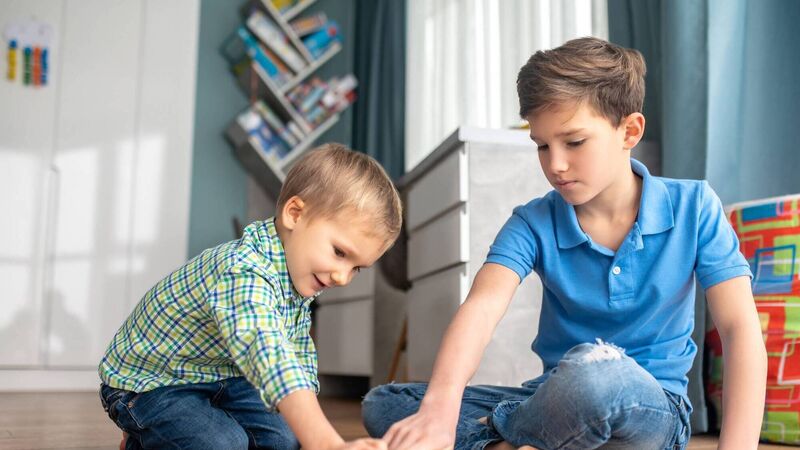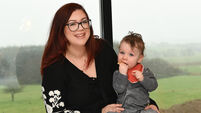My firstborn is about to turn five. He is sometimes contrary, like things his own way, and is very jealous of his almost three-year-old brother. Last week at a birthday party, he and his friend clashed heads by accident. He never stopped talking about this all evening and kept asking me why his friend hurt him. I explained that it was an accident, but all he kept saying was how he was going to hurt him when he got back to play school. I was shocked. I wonder if this behaviour is normal. He seems to be oversensitive.
It sounds as though your son was shocked by the accident and cannot quite understand what happened. In the longer version of your letter, you refer to his jealousy towards his younger brother and wanting what he has. He may be accustomed to you telling him to leave his brother alone — fighting, taking things from him, upsetting him etc. But in the party incident, he perceives he is the one who has had something done to him — this little friend has hurt him and he is the victim deserving of your sympathy.
Already a subscriber? Sign in
You have reached your article limit.
Subscribe to access all of the Irish Examiner.
Annual €130 €80
Best value
Monthly €12€6 / month
Introductory offers for new customers. Annual billed once for first year. Renews at €130. Monthly initial discount (first 3 months) billed monthly, then €12 a month. Ts&Cs apply.
CONNECT WITH US TODAY
Be the first to know the latest news and updates










